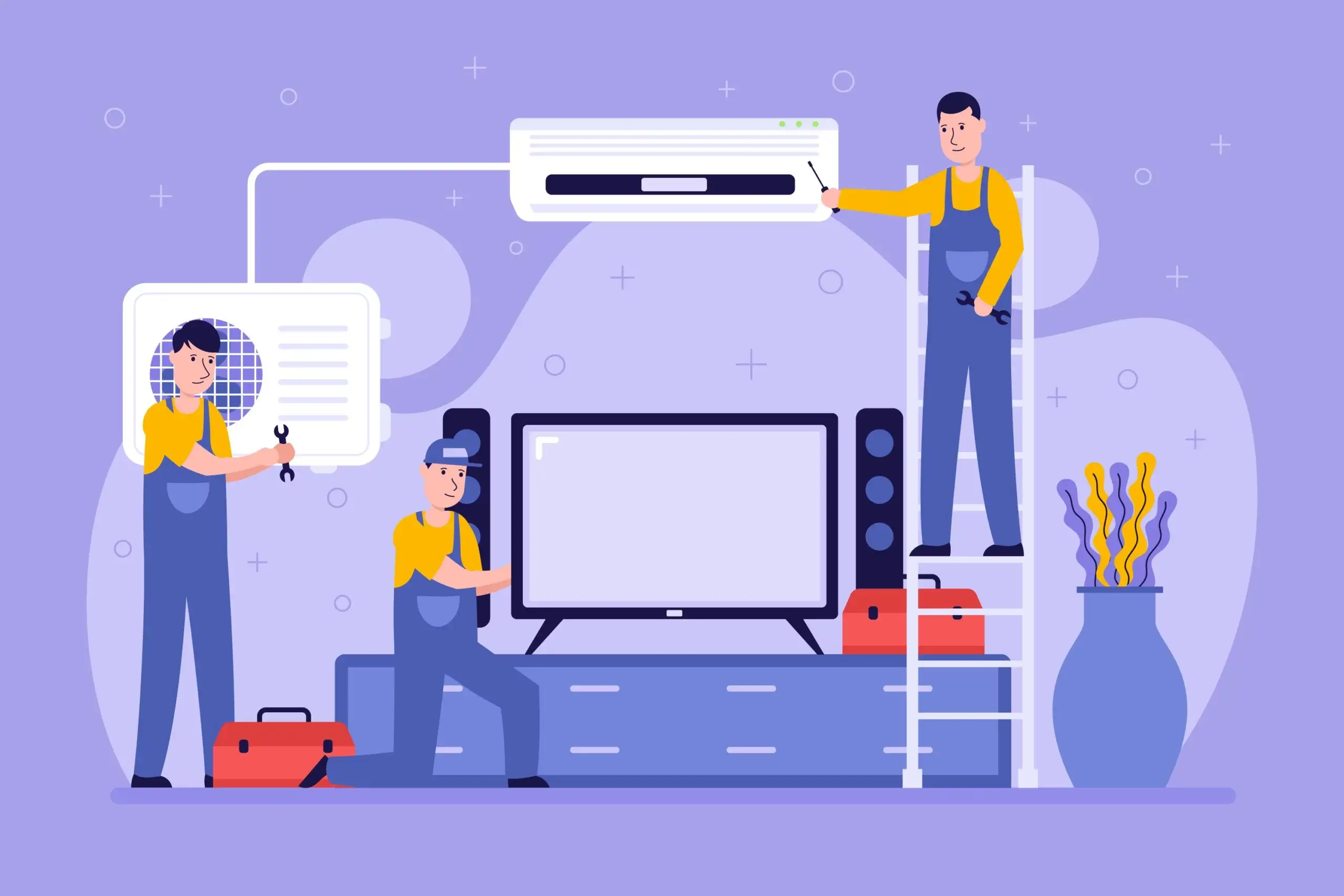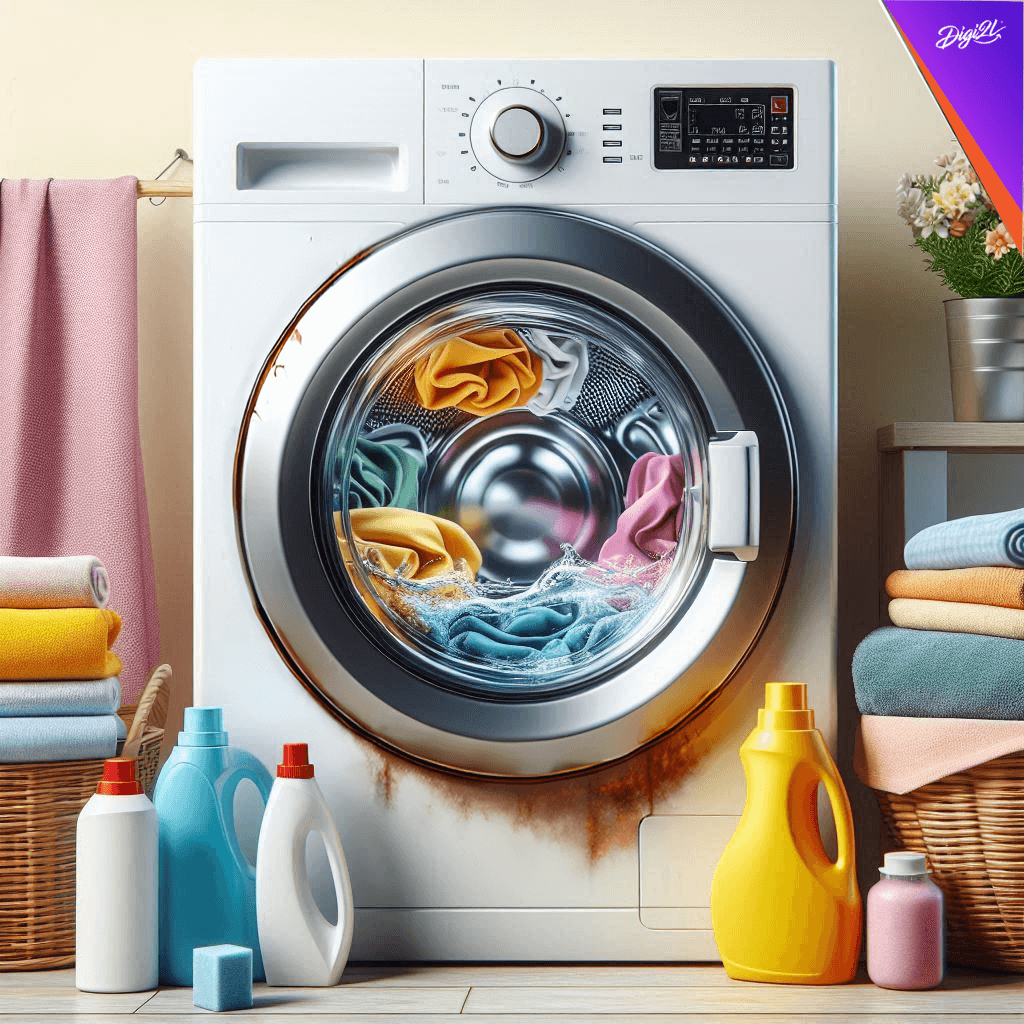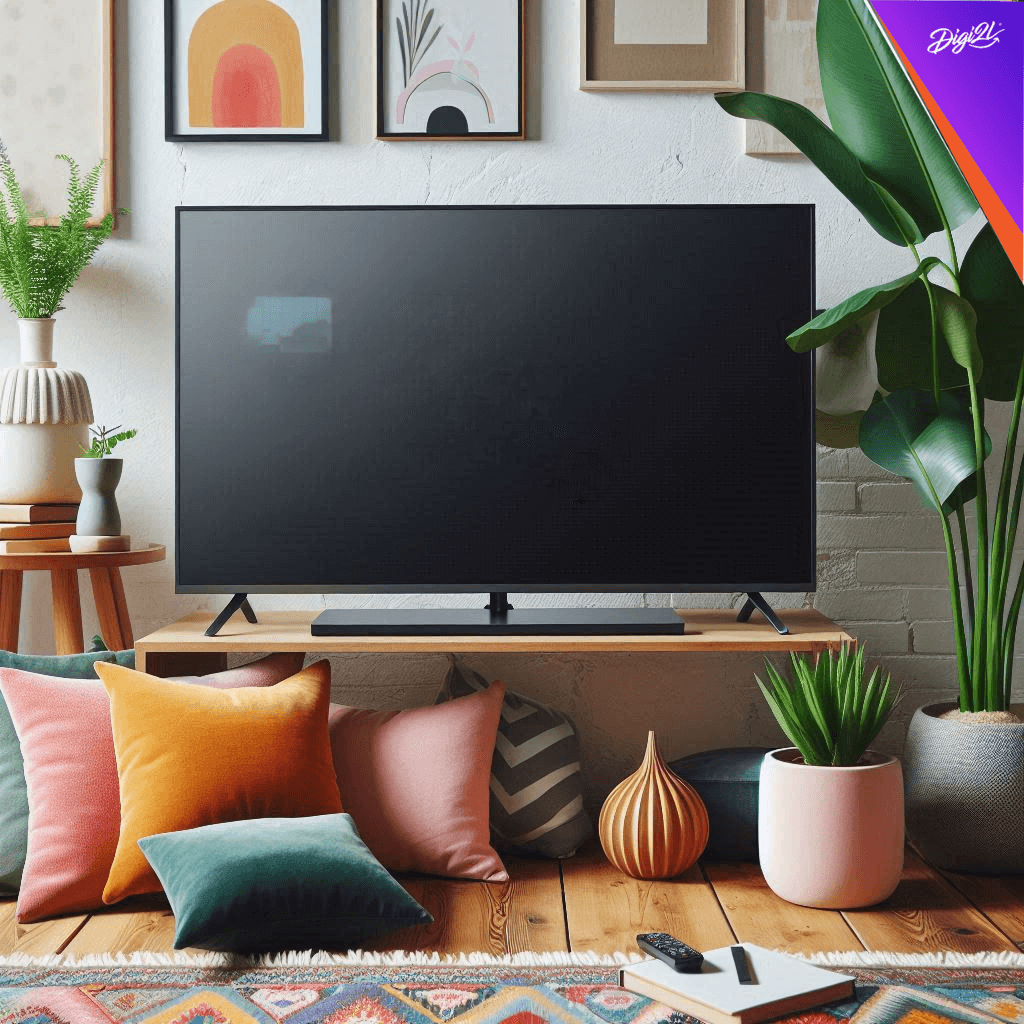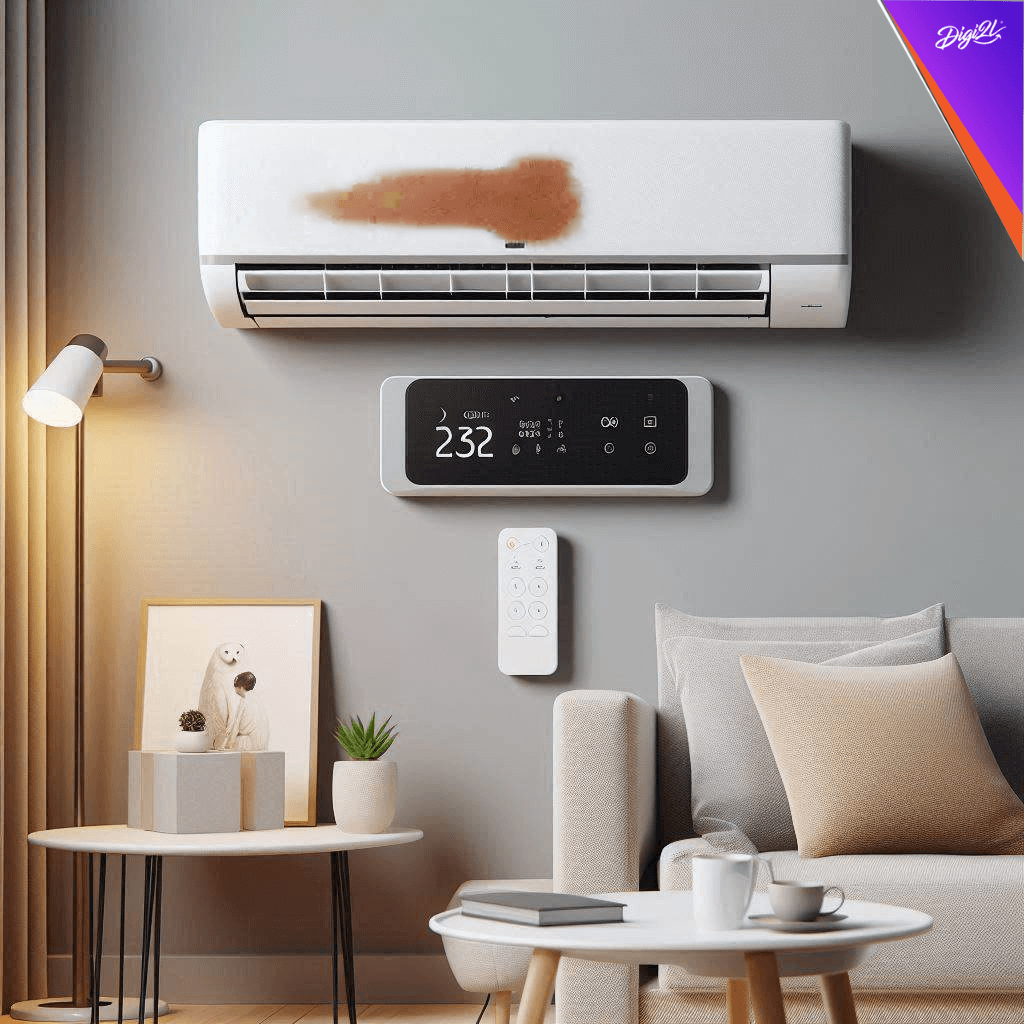
Please Wait ...


Blogs> Exploring the Drawbacks of Central Air Conditioners

Central air conditioners have long been a popular choice for cooling homes and commercial spaces. However, like any other technology, they come with their own set of disadvantages. In this blog, we will delve into the drawbacks of central air conditioners, shedding light on their potential limitations and helping you make an informed decision about cooling your space.
Cost:
One significant disadvantage of central air conditioners is the initial cost of installation. Compared to other cooling options, such as window units or portable air conditioners, central systems can be more expensive to purchase and set up. They require professional installation, including ductwork, and may involve additional expenses for modifying existing HVAC systems.
Energy Consumption:
Central air conditioners are known to consume more energy compared to other cooling alternatives. The need to cool an entire building or a large area puts considerable demand on the system, resulting in higher energy consumption and increased utility bills. This can be a disadvantage for those looking to minimize their energy usage and environmental impact.
Limited Zoning and Control:
Another drawback of central air conditioners is the limited zoning and control options. With a central system, the entire space is cooled to the same temperature, making it challenging to customize the climate in individual rooms or areas. This lack of flexibility can lead to discomfort for occupants who prefer different temperature settings or have varying cooling needs.
Maintenance and Repairs:
Central air conditioners require regular maintenance to ensure optimal performance. This includes cleaning or replacing air filters, inspecting ducts for leaks, and checking refrigerant levels. Additionally, if any component of the central system malfunctions or requires repair, it can be costly and time-consuming to fix, especially if specialized technicians are needed.
Dependency on Ductwork:
Central air conditioners rely on ductwork to distribute cool air throughout the space. However, ducts can be prone to leaks, which result in energy loss and reduced efficiency. Improperly sealed or uninsulated ducts can also contribute to the ingress of dust, allergens, and other contaminants, negatively affecting indoor air quality.
While central air conditioners offer powerful and efficient cooling for large spaces, it is essential to consider their drawbacks before making a decision. The higher cost of installation, energy consumption, limited zoning, maintenance requirements, and dependency on ductwork are all factors that may influence your choice of cooling system. It is advisable to assess your specific needs, budget, and preferences to determine whether a central air conditioner is the right fit for your home or commercial space.
Remember, there are alternative cooling options available, such as ductless mini-split systems or hybrid solutions, which may offer better solutions for specific requirements. Ultimately, understanding the advantages and disadvantages of central air conditioners will enable you to make an informed decision that aligns with your comfort, energy efficiency goals, and overall satisfaction.
Image by Freepik

By Digi2L - June 8, 2024

By Digi2L - June 7, 2024

By Digi2L - June 6, 2024